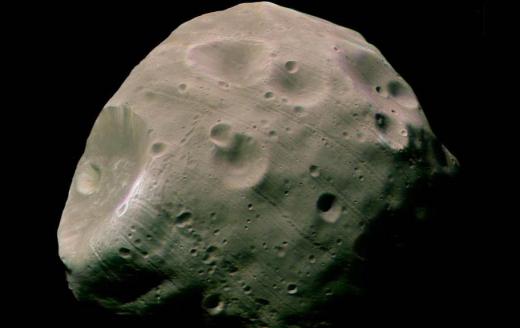At WiseGEEK, we're committed to delivering accurate, trustworthy information. Our expert-authored content is rigorously fact-checked and sourced from credible authorities. Discover how we uphold the highest standards in providing you with reliable knowledge.
What Do Exobiologists Do?
Exobiology is the study of potential forms of life outside the environment of the Earth. Although exobiologists have not yet found definitive proof of alien life, they spend their time searching for this proof and figuring out the ways in which life could potentially survive elsewhere in the universe. Exobiologists can work in close association with government space agencies.
The origin of life is of major interest to exobiologists, who utilize evolutionary theory in their studies. Any scientific field that can shed any light on the way life originates and interacts with its environment has a role to play in exobiology. Geneticists, microbiologists and even non-biological experts such as geologists can have careers in exobiology.

Geneticists and evolutionary biologists can study the existing genetic forms of organisms on Earth, put these survival mechanisms into context of the environment and put forward different theories on how organisms can live on different planets. Microbiologists enter the field of exobiology because their area of expertise, microbes, are found all over the planet in various environments. An important source of useful exobiology information comes from details of bacteria and other microscopic organisms that live in extreme environments, unlike any other form of organism.

Unusual forms of life on Earth can also inform an exobiologist about potential pathways for life to develop and thrive. For example, bacteria that can grow using arsenic, a metal that is usually toxic, supplies a mechanism for exobiologists to theorize about how similar forms of life could grow in environments of similar conditions. Bacteria that live in extremely hot temperatures can also supply information about how life could survive in the early days of an Earth-like planet, where early life had to contend with similar temperatures.

An exobiologist might also be able to inspect samples from outer space, from meteorites to rock samples direct from the moon or planets such as Mars. He or she might also have researched the tell-tale fossil marks left by prehistoric organisms on rocks from Earth and use these to compare the sample rocks in order to identify possible fossil remnants. The data that an exobiologist collects on Earth is valuable to figure out what marks on an alien rock might represent.

Exobiologists can also specialize in interpretation of images taken of other planetary bodies. They might be able to identify signs of water sources or seas, even if they are ancient. Some exobiologists also study the concentrations of certain elements on other planets to figure out, for example, whether the composition of the atmosphere indicates the presence of some life. As of 2011, exobiologists had not yet been able to find definitive evidence of life outside Earth, and interpretations of potential signs of life can be controversial.
AS FEATURED ON:
AS FEATURED ON:














Discuss this Article
Post your comments